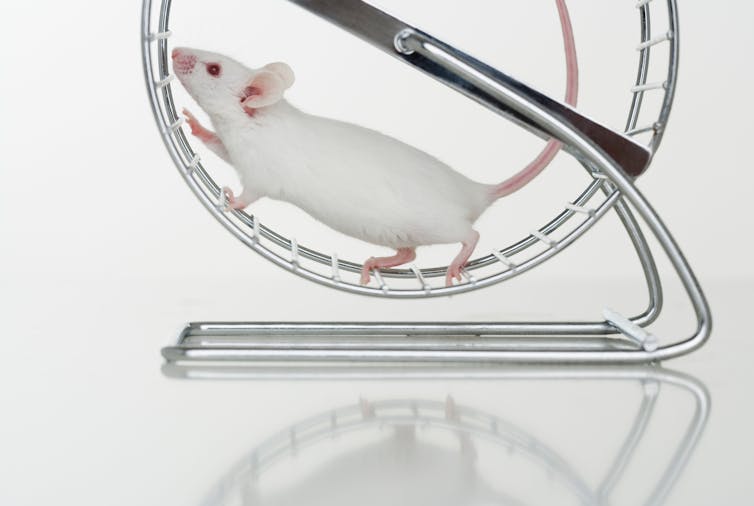
The global market for standing desks is booming, projected to reach US$12.6 billion by 2032 (£9.7 billion). These desks have been hailed as a simple fix for the health risks associated with sitting all day. However, recent research suggests that standing might not be the health booster many hoped for.
A new study from Australia involving over 83,000 participants found that prolonged standing may not improve heart health and could even increase the risk of certain circulatory problems.
Researchers discovered that standing for extended periods did not reduce the risk of heart disease and stroke...
Read More









Recent Comments